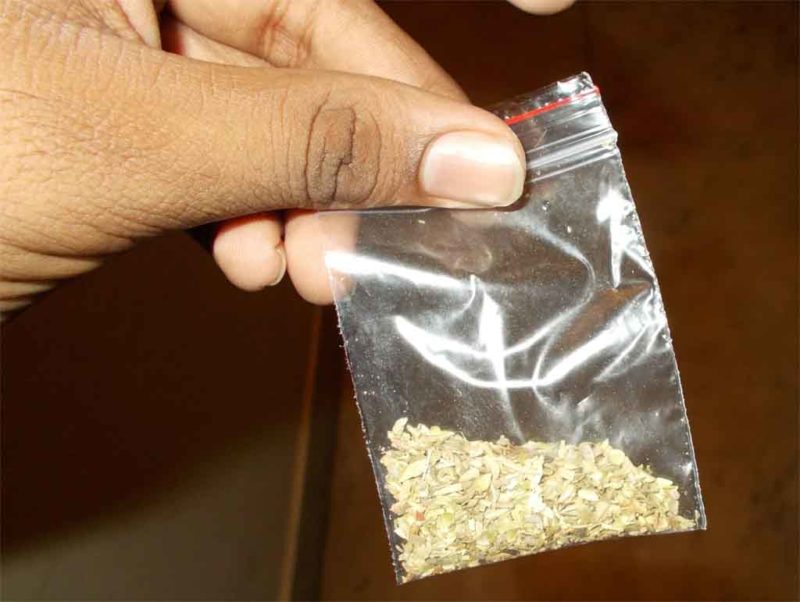Reminder: The Media Has Always Been Fake And Easily Spoofed
When Donald Trump introduced the infectious meme of “fake news,” many feigned outrage. How could it be that our media, a for-profit industry much as Monsanto is a for-profit corporation, could be lying to us?
Decoding that question requires looking at the nature of media. They make their money from attracting people to consume information that they control. This requires not truth, but whatever provokes or excites.
In addition, they operate on tight margins. Whoever gets “the scoop” wins all; those who pump out the most articles, given that consumer demand is somewhat random, get the eyeballs and thus the advertising dollars. Media is an industry driven by what other industries will pay to show off their products.
Forgetting the Yellow Journalism scandal of the 1800s, and perhaps how many media outlets have been caught accepting payola for publicity, we can see how the media has always been easily induced to report on whatever they think will bring eyeballs. Consider how the BBC got trolled:
A sour smell rises in the hot sun, but the boys seem oblivious to the stench and the foul nature of their task.
They are manufacturing “Jenkem”, a disgusting, noxious mixture made from fermented sewage. It is cheap, potent and very popular among the thousands of street-children in Lusaka.
“With glue, I just hear voices in my head. But with Jenkem, I see visions. I see my mother who is dead and I forget about the problems in my life.”
This obvious troll took in whatever well-intentioned journalism degree graduate who had been sent to cover the exotic third world. Seeing someone oblivious, the local kids came up with a funny idea and ran with it.
For us who want sanity in modern life, the most important idea here is that journalism reports what people say. Most of this cannot be verified; the best we can do is to find some person, confirm that they said something, and then report it as their opinion, which most mistake for fact.
Whoever reports the most interesting stuff — regardless of whether it is true, with the most tantalizing bits being partially true or entirely apocryphal — wins because they get the most eyeballs. As you read the news, consider how much is factual and how much is simply Jenkem in a new form.
Tags: bbc, jenkem, journalism, media










